
Putting home ownership within reach for a diverse workforce

How jumbo loans can help home buyers and your builder business

5 financial benefits of investing in a vacation home

Checklist: financial recovery after a natural disaster

Simple steps to be ready for a natural disaster

Is it cheaper to build or buy a house?

What you need to know about renting

What’s a subordination agreement, and why does it matter?

PCS moving checklist for military spouses and families

Dear Money Mentor: What is cash-out refinancing and is it right for you?

Overcoming high interest rates: Getting your homeownership goals back on track

Home improvements with the best ROI

PCS moving checklist for military spouses and families

How we did it: Converted to solar power

For today's homebuyers, time and money are everything

How I did it: Bought my dream home using equity

Buying a home Q&A: What made three homeowners fall in love with their new home

Should you buy a house that’s still under construction?

Managing the impacts of appraisal gaps in a hot housing market

Crypto + Homebuying: Impacts on the real estate market

Preparing for homeownership: A guide for LGBTQ+ homebuyers

How I did it: Built living spaces to support my family

House Hacks: How buying an investment property worked as my first home

Your guide to breaking the rental cycle

What are conforming loan limits and why are they increasing

Webinar: Uncover the cost: Building a home

Community activist achieves dream of homeownership

Checklist: 6 to-dos for after a move

Military homeownership: Your guide to resources, financing and more

Spring cleaning checklist for your home: 5 budget-boosting tasks

Bringing economic opportunity to underserved communities one home at a time

Saving for a down payment: Where should I keep my money?

DIY home projects 101: tips from a first-timer

How I did it: My house remodel

How I did it: Bought a home without a 20 percent down payment

Money Moments: How to finance a home addition

Home buying myths: Realities of owning a home

Are professional movers worth the cost?

Money Moments: Tips for selling your home

The lowdown on 6 myths about buying a home

Get more home for your money with these tips

First-time homebuyer’s guide to getting a mortgage

4 ways to free up your budget (and your life) with a smaller home

Dear Money Mentor: When should I refinance a mortgage?

What is a home equity line of credit (HELOC) and what can it be used for?

What is a mortgage?

Quiz: How prepared are you to buy a home?

10 ways to increase your home’s curb appeal

10 questions to ask when hiring a contractor

Building a dream home that fits your life

Beyond the mortgage: Other costs for homeowners

How you can take advantage of low mortgage rates

5 things to avoid that can devalue your home

Webinar: Mortgage basics: What is refinancing, and is it right for you?

Should you get a home equity loan or a home equity line of credit?

What is an escrow account? Do I have one?

These small home improvement projects offer big returns on investment

Webinar: Mortgage basics: How much house can you afford?

Webinar: Mortgage basics: Prequalification or pre-approval – What do I need?

Is it the right time to refinance your mortgage?

What is refinancing a mortgage?

What to know when buying a home with your significant other
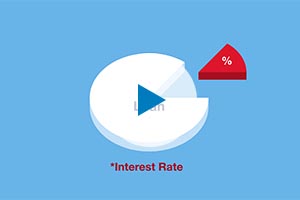
Webinar: Mortgage basics: What’s the difference between interest rate and annual percentage rate?

Home equity: Small ways to improve the value of your home
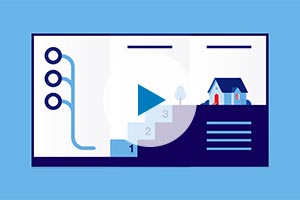
Webinar: Mortgage basics: 3 Key steps in the homebuying process
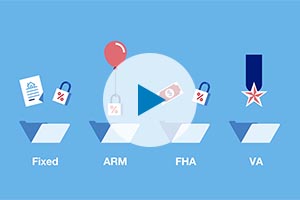
Webinar: Mortgage basics: Finding the right home loan for you

How does a home equity line of credit (HELOC) work?

Webinar: Mortgage basics: Buying or renting – What’s right for you?
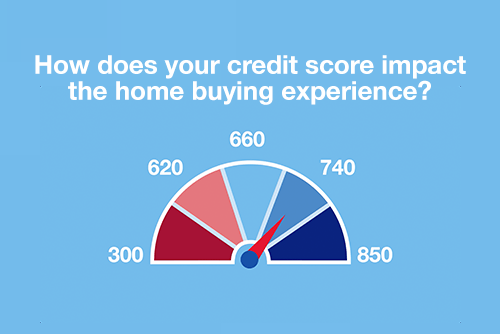
Webinar: Mortgage basics: How does your credit score impact the homebuying experience?

Is a home equity line of credit (HELOC) right for you?

Can you take advantage of the dead equity in your home?

How to use your home equity to finance home improvements

4 questions to ask before you buy an investment property

10 uses for a home equity loan

8 steps to take before you buy a home

6 questions to ask before buying a new home
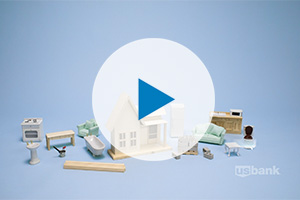
Webinar: Uncover the cost: Home renovation

Improving your credit score: Truth and myths revealed


